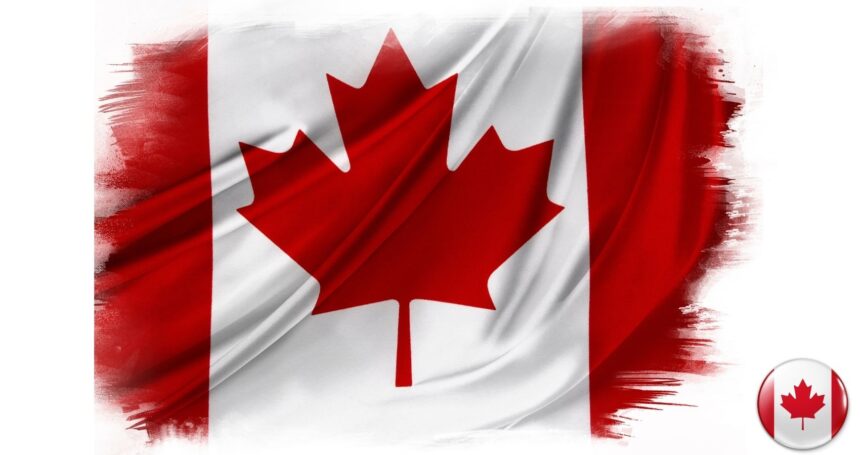Canada is ramping up support for small and medium-sized businesses in British Columbia as global tariffs disrupt trade flows and put pressure on exporters. On Friday the government said it will more than double funding for its Regional Tariff Response Initiative to $1 billion over three years, with PacifiCan overseeing the program in the province.
The initiative is designed to help companies adapt to higher costs and shifting supply chains by improving productivity, diversifying export markets, and bolstering domestic trade. Businesses in British Columbia will be able to apply for support starting September 15 through PacifiCan’s website.
The announcement comes as tariffs increasingly complicate cross-border commerce. Canadian exporters have faced mounting uncertainty as supply chains tighten and demand patterns change.
Federal officials framed the expansion as both defensive and forward-looking, aiming to soften immediate shocks while encouraging firms to invest in longer-term competitiveness.
Gregor Robertson, minister of housing and infrastructure and minister responsible for PacifiCan, said the expanded funding reflects the need to protect vulnerable sectors while encouraging resilience. He underscored that small and medium-sized enterprises, which form the backbone of the provincial economy, often lack the resources to absorb sudden trade costs.
The move signals Ottawa’s recognition of the strain tariffs place on business performance, particularly in export-heavy regions such as British Columbia.
Access to fresh capital could give firms more room to pivot toward new markets or reconfigure supply networks, reducing risk in an unpredictable trade landscape.
The national program is delivered through Canada’s regional development agencies, with each tailoring support to local conditions. In British Columbia that means targeting sectors most exposed to international tariffs while fostering opportunities in domestic trade and technology-driven efficiency.
The increase to $1 billion from the original $450 million allocation underscores the scale of the challenge. While details on funding limits per applicant have not yet been published, PacifiCan said the initiative is intended to reach a broad base of small and medium-sized firms. Program guidelines will be available when applications open later this month.
Economists note that government-backed trade programs cannot fully shield companies from global disruptions, but they can ease the transition and sustain investment that might otherwise stall.
The rollout offers a potential buffer as they adapt to shifting tariff regimes and seek to maintain their foothold in global markets.
With the application window set to open in less than two weeks, attention will now turn to how quickly PacifiCan can process requests and direct funds to businesses most in need.
The government is betting that speed and targeted support will help companies not just survive the current trade climate but position themselves for growth in the years ahead.



















